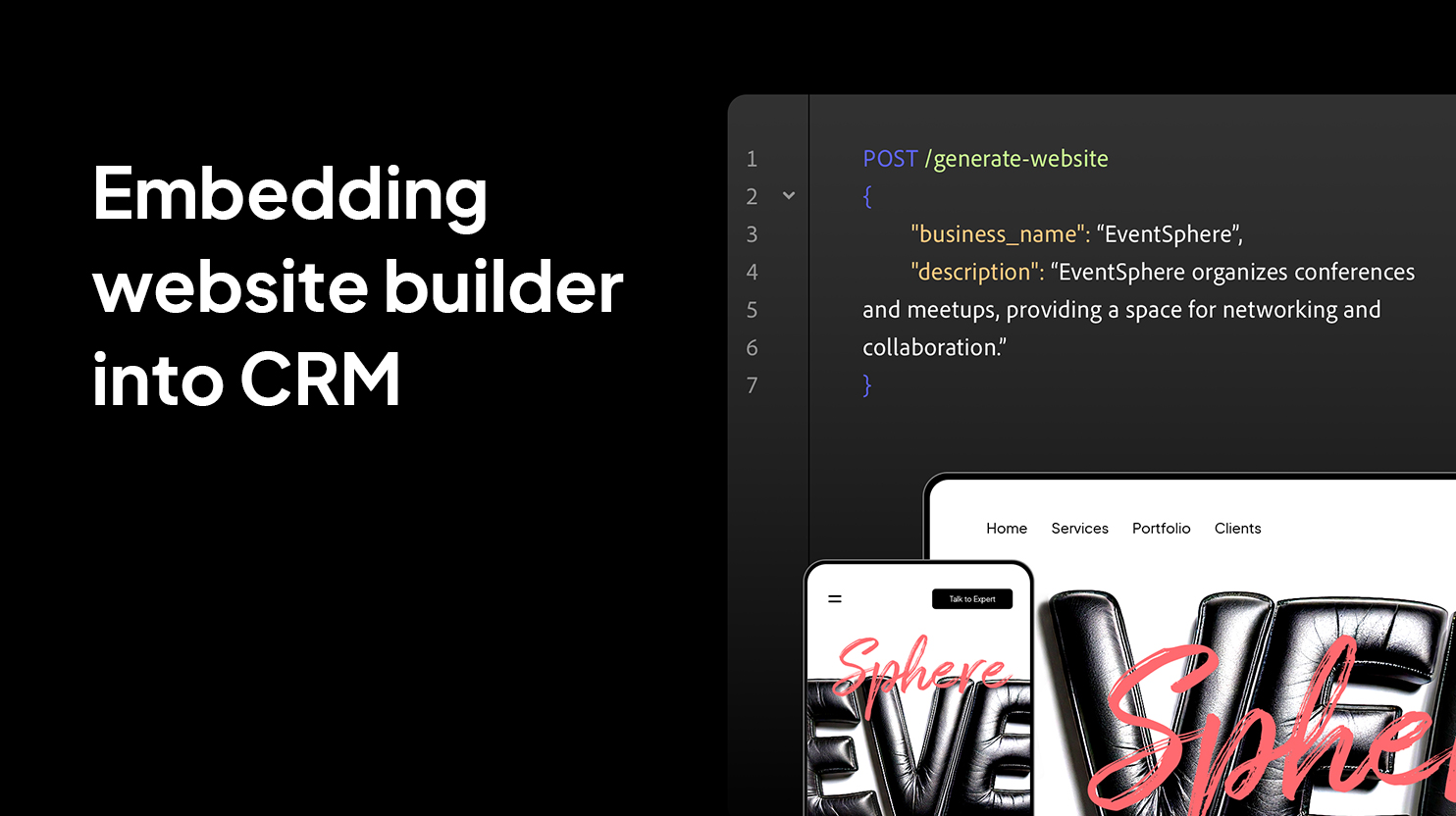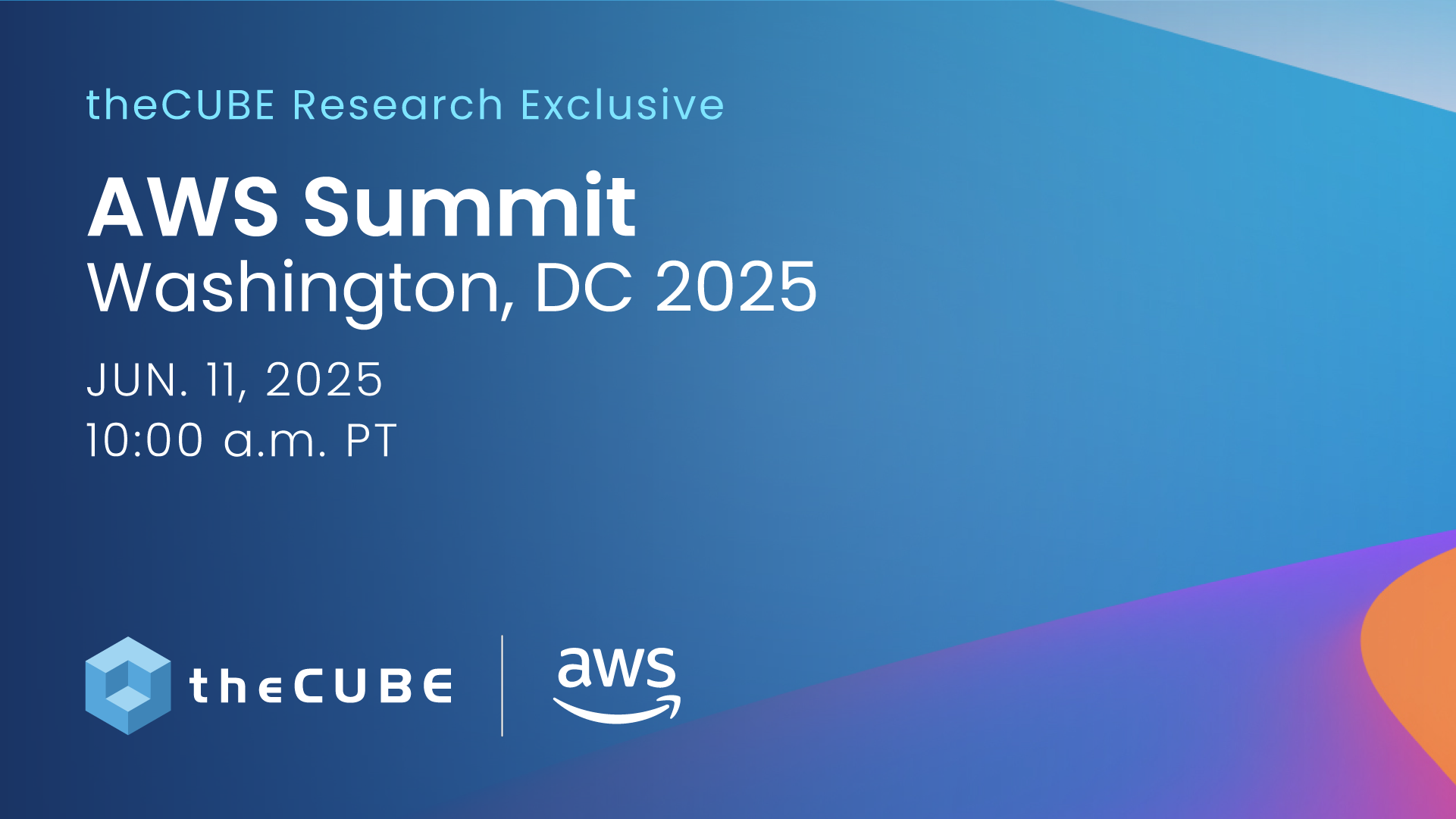A federal judge issued a landmark ruling last year, saying that Google had become a monopolist in internet search. But in a hearing that began last week to figure out how to fix the problem, the emphasis has frequently landed on a different technology, artificial intelligence.
In U.S. District Court in Washington last week, a Justice Department lawyer argued that Google could use its search monopoly to become the dominant player in A.I. Google executives disclosed internal discussions about expanding the reach of Gemini, the company’s A.I. chatbot. And executives at rival A.I. companies said that Google’s power was an obstacle to their success.
On Wednesday, the first substantial question posed to Google’s chief executive, Sundar Pichai, after he took the stand was also about A.I. Throughout his 90-minute testimony, the subject came up more than two dozen times.
“I think it’s one of the most dynamic moments in the industry,” said Mr. Pichai. “I’ve seen users’ home screens with, like, seven to nine applications of chatbots which they are trying and playing and training with.”
An antitrust lawsuit about the past has effectively turned into a fight about the future, as the government and Google face off over proposed changes to the tech giant’s business that could shift the course of the A.I. race.
For more than 20 years, Google’s search engine dominated the way people got answers online. Now the federal court is in essence grappling with whether the Silicon Valley giant will dominate the next era of how people get information on the internet, as consumers turn to a new crop of A.I. chatbots to answer questions, find solutions to their problems and learn about the world.
At the hearing, government lawyers have argued that Google’s monopolistic tactics in search could be applied to make its Gemini chatbot a ubiquitous A.I. product. That cannot be allowed to happen in the emerging field of A.I., the government has said, to ensure that consumers have choices of products for use well into the future.
Google has argued that the court does not need to intervene because the rapid growth of OpenAI — the A.I. start-up that helps power Apple’s A.I. product on the iPhone — and other rivals shows that the market is rife with competition already.
How much Judge Amit P. Mehta, who will determine the fixes in the search case, buys into these A.I. arguments could reshape the fierce contest to lead the technology. Google is already a leading A.I. player, with Gemini attracting more than 350 million monthly active users, according to data at the trial. Any measures to hinder its efforts or help its competitors would have big implications for that race.
The government has asked the court to force Google to sell its Chrome browser and share data with rivals, including its search results and ads, among other measures.
Government requests for fixing monopolies are forward-looking by nature, attempting to undo years of damaged competition and opening markets to new rivals. From the government’s perspective, “you do not want to have spent five years and a whole bunch of agency resources bringing a case that doesn’t really do anything,” said John Newman, the deputy director of the Federal Trade Commission’s Bureau of Competition during the Biden administration.
A Google spokesman pointed to the opening statement by the company’s lead lawyer, John Schmidtlein, who said the market for artificial intelligence was “performing extraordinarily competitively.” The Justice Department declined to comment.
The hearing this year follows Judge Mehta’s 2024 ruling that Google had illegally protected its monopoly by paying companies like Apple, Mozilla and Samsung for its search engine to come up automatically in web browsers and on smartphones.
From the hearing’s start, government lawyers put A.I. front and center.
The first witness, University of Texas associate professor of computer science, Gregory Durrett, gave Judge Mehta a crash course on A.I. In response, Judge Mehta asked questions about how chatbots work and how they were incorporated in Google’s products.
The government presented documents showing that Google last year had considered an arrangement with wireless carriers and smartphone manufacturers that would have given Gemini prime placement on devices alongside its search engine. It was reminiscent of the deals that Google had signed to get prime placement for its search engine.
Google decided not to move forward with the Gemini plan with wireless carriers and smartphone makers after the judge’s search ruling last year. It ultimately reached a separate deal with Samsung to put Gemini on Samsung’s smartphones, the documents showed.
A Google executive testified that the agreement with Samsung gave the smartphone maker the ability to work with other A.I. services. Mr. Pichai testified that the company had focused on signing deals that aligned with its own proposal for remedies, which says smartphone makers should have more freedom to decide what Google apps to install.
Executives from rival A.I. companies, such as OpenAI, also testified that the government’s proposed changes to Google’s business would make it easier for them to build products and reach consumers.
Nicholas Turley, the head of product for OpenAI’s ChatGPT, said on the stand that his company had rolled out a prototype search tool called SearchGPT in July and asked Google for a deal to access its data. But Google turned down OpenAI because “it would involve too many complexities,” according to an email from an OpenAI executive.
“I was aware that Google might not be incentivized to offer us good terms given the competitive nature of some of our offerings,” Mr. Turley said. If Judge Mehta required Google to share more data with OpenAI, the company would be able to “build a better product faster,” he added.
OpenAI would also be interested in buying Google’s Chrome browser if it were for sale, Mr. Turley added.
(The New York Times has sued OpenAI and its partner, Microsoft, for copyright infringement of news content related to A.I. systems. They have denied wrongdoing.)
Dmitry Shevelenko, the chief business officer of the A.I. search start-up Perplexity, testified that his firm had tried to reach deals with phone companies to offer its chatbot automatically — but one of them already had an arrangement with Google.
That company “really likes our assistant, thinks it is great for their users, but they can’t get out of their Google obligations, and so they’re unable to change the default assistant on the device,” he said.
Google’s lawyers countered that the company was not locking smartphone makers into overly restrictive deals to offer Gemini. They repeatedly said many A.I. companies were thriving and referred to data that showed ChatGPT was used more widely than any other chatbot.
“I think ChatGPT is doing just fine without any of the remedies in this case,” said Mr. Schmidtlein in his opening statement. “These companies are competing just fine without plaintiffs’ remedies.”









